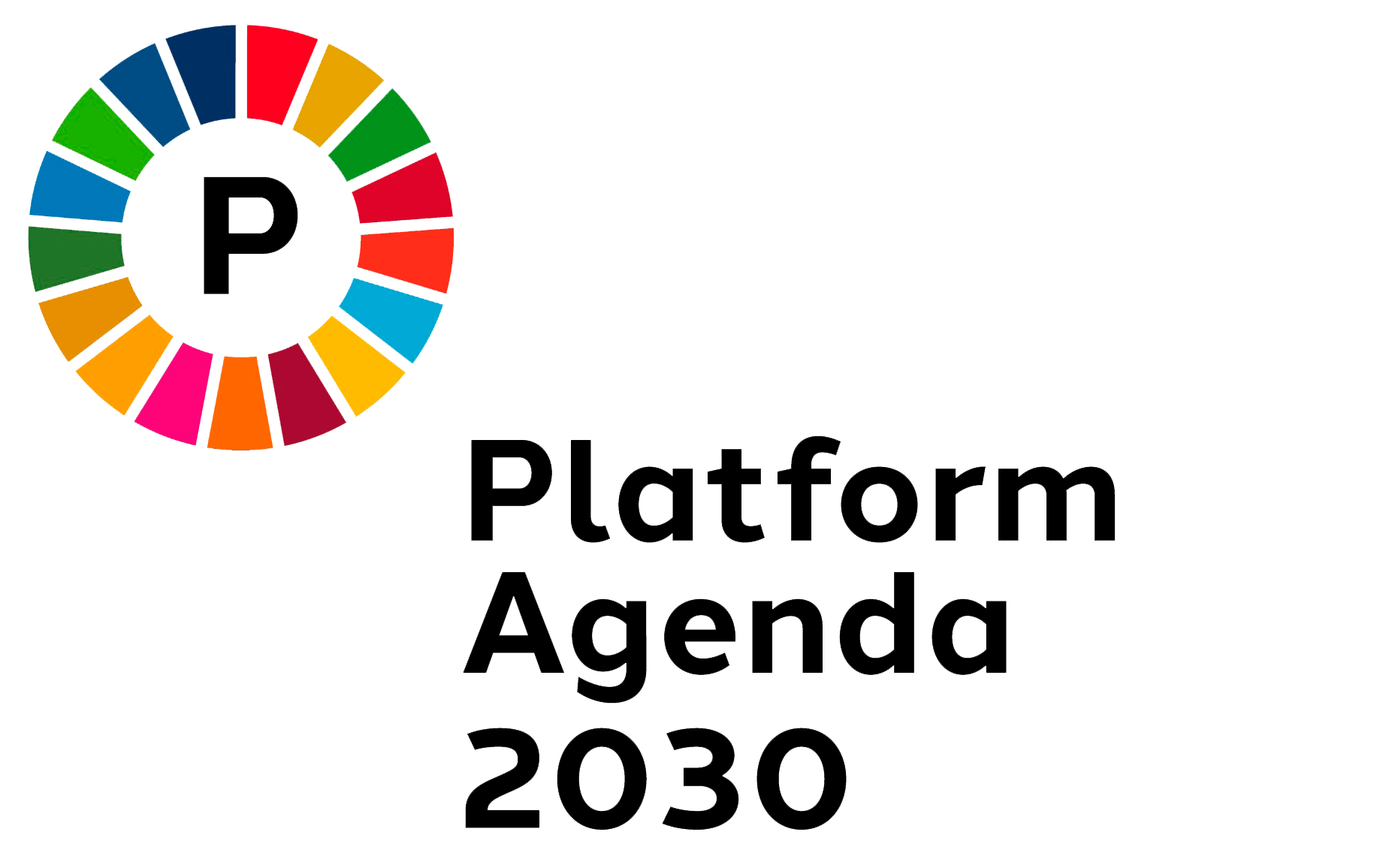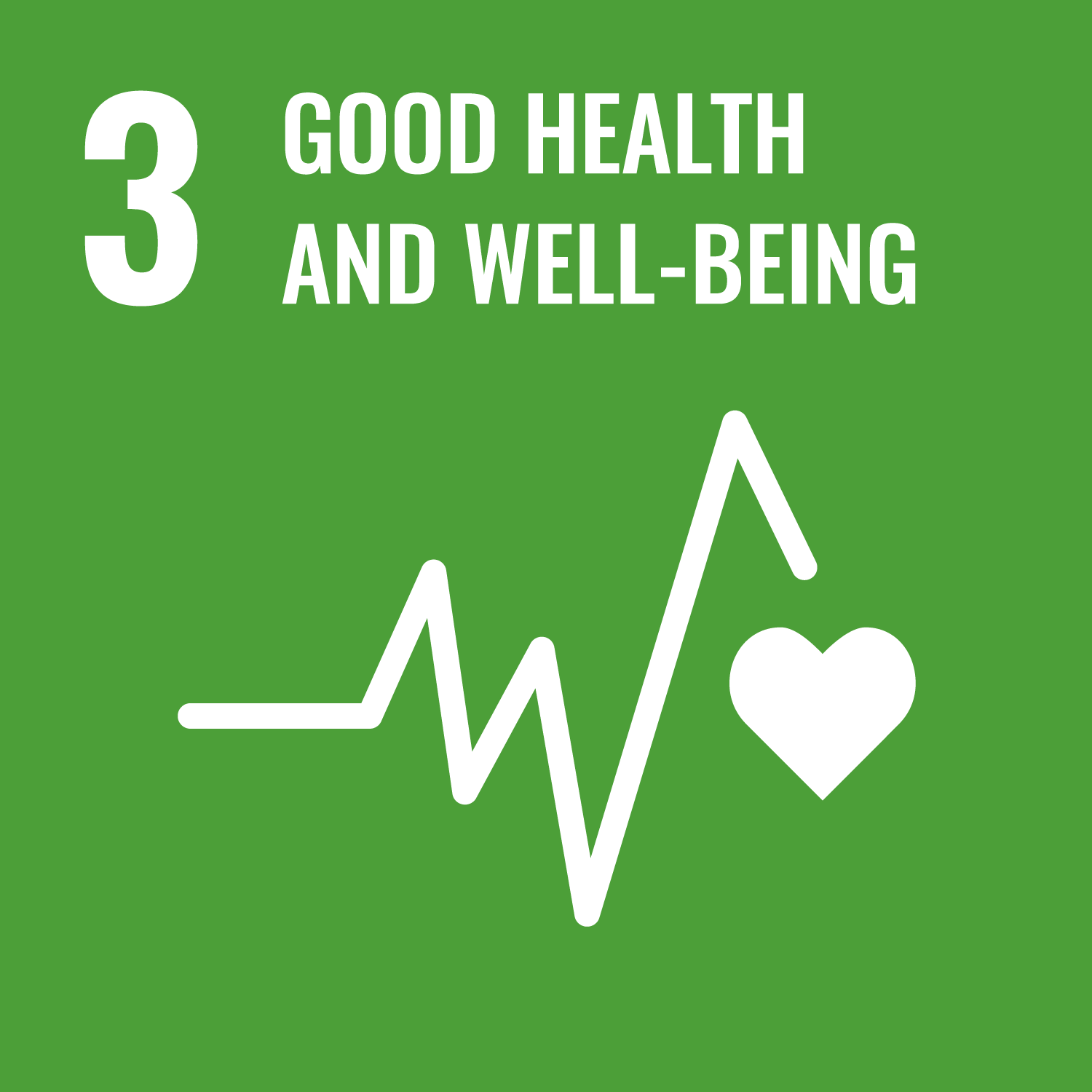Strengthen participation and enlarge scope for action
Participation and the right to a say are the foundations of peaceful and inclusive societies. When those who are affected are involved on an equal footing in decision-making processes, power really is shared. A quarter of the population in Switzerland is excluded from political processes. In addition to those who do not hold Swiss citizenship, other groups such as women, young people, people who have experienced migration and people with disabilities are often heavily underrepresented. Development projects around the world rarely involve local and Indigenous communities in their design and realisation. In most peace processes there will be few, if any, women at the table.
Participation requires scope for action. As studies by CIVICUS and others show, this is shrinking all the time for civil society actors around the world. The limitations range from administrative barriers and restricted access to financing to intimidation and criminalisation and even physical violence. Strategic Lawsuits Against Public Participation (SLAPPs) are used in an attempt to dissuade individuals and organisations from making a particular statement or from being critical in their reporting. At least 358 human rights defenders were killed in 2021. Even in Switzerland, the political pressure on civil society actors is intensifying.
Peacebuilding and work to establish a culture of peace are an underfinanced element of international cooperation. It is important, however, to strengthen civil society as a development actor in its own right, to promote NGO networks and to protect those involved against violence.
The war in Ukraine has made preventing violence a more pressing issue than ever. At the same time, the war has kicked off a huge arms race and militarisation campaign. There is the risk here that funding which is urgently needed for action on social and climate policy will be shelved. For the first time, the 2021 report on Swiss security policy recognised the climate crisis and the dangers of a pandemic as factors of relevance to security. This recognition must now be followed up by realigning Swiss security policy with collective and human security.
This is not possible today as a result of direct and structural violence. A look at Switzerland’s migration and asylum policy and practice shows that return centres are often run under degrading conditions that make people ill. People are subject to racial profiling, stopped by the police far too often purely on the basis of racialised or ethnicised characteristics, in particular their skin colour or (assumed) religion. One woman in ten in Switzerland is affected by psychological, physical or sexualised violence by her husband or partner.
Internationally there is also a need to prevent violence and conflict by monitoring flows of money and weapons. Suisse Secrets showed that Credit Suisse is still managing the assets of dictators and instigators of conflict and their families. According to the Swiss National Bank, in the years prior to the pandemic raw materials worth between 60 and 110 billion francs were being bought from Russia and sold on around the world. Switzerland exports weapons to countries that violate human rights and suppress civic participation. Thanks to the Corrective Initiative, rules have been toughened up again that previously would even have allowed exports to countries under civil war.
The federal government, cantons and local authorities consistently involve affected parties in political decision-making. They provide sufficient resources to permit effective participation. Marginalised groups receive special support.
Switzerland establishes a strong national human rights institution. It works independently and is properly funded.
Switzerland actively combats repression and develops guidelines to protect NGOs and the media from SLAPPs.
Authorities identify practical preventive action to end structural, institutional, cultural and direct violence such as racial profiling and gender-specific violence. They create effective monitoring and control systems. Misconduct is investigated and punished.
Switzerland respects, protects and encourages civic participation at home and abroad. It encourages political education so that a diverse civil society can participate in political processes actively and on an equal footing. In its international cooperation work, Switzerland also engages with autocratic regimes and in sensitive contexts. The Federal Department of Foreign Affairs increases the funding available to protect human rights defenders and peace activists.
Switzerland aligns its security policy strategy, including the Swiss armed forces, with collective and human security, and instead of investing in re-arming itself turns its attention to combating security risks such as climate change and pandemics.
in collaboration with Dominik Gross, Alliance Sud, Izabel Barros, cfd, Una Hombrecher, HEKS/EPER, Anna Leissing, KOFF/Swisspeace, Andrea Zellhuber, terre des hommes switzerland
Report as PDF
- Cfd, peace women across the globe, KOFF: Centering Care in Women, Peace and Security. Civil society’s voice in Switzerland’s implementation of the Fourth national Action Plan 1325. KOFF Publications, Policy Brief 02/2022.
- Stockholm international peace research institute SIPRI: Environment of Peace: Security in a New Era of Risk. 2022.







